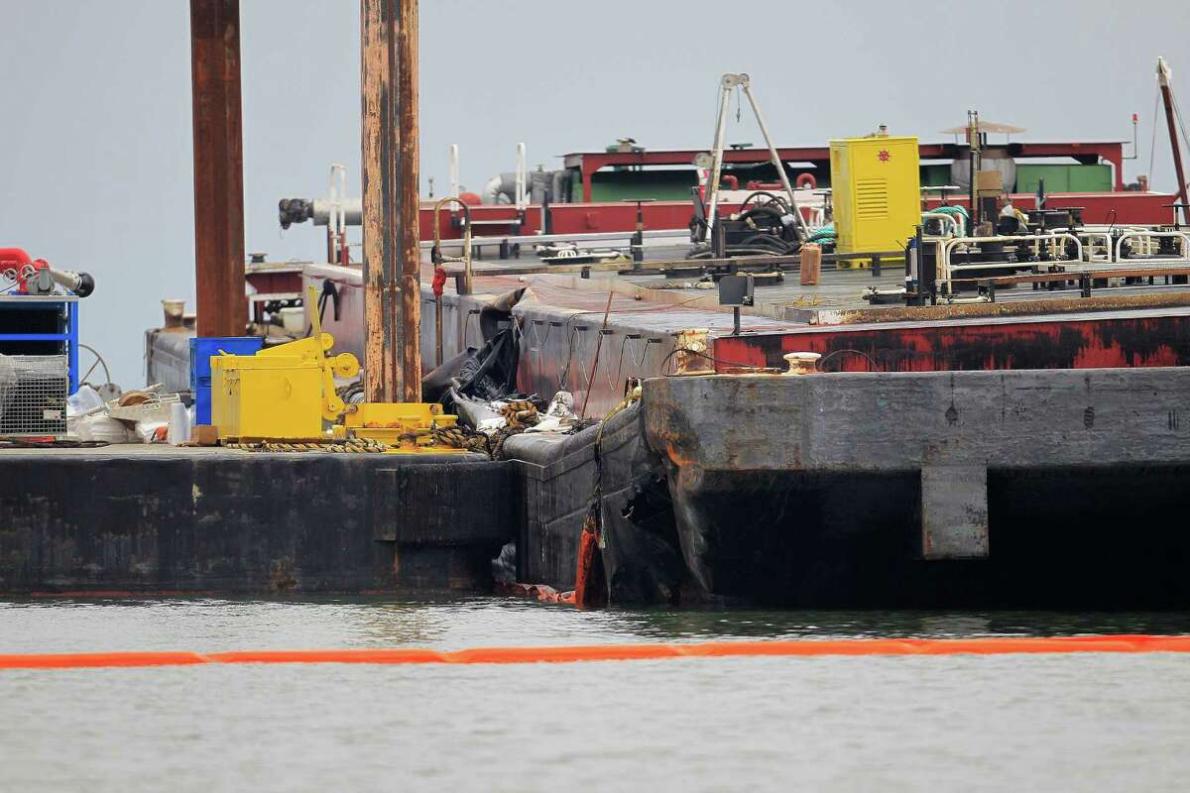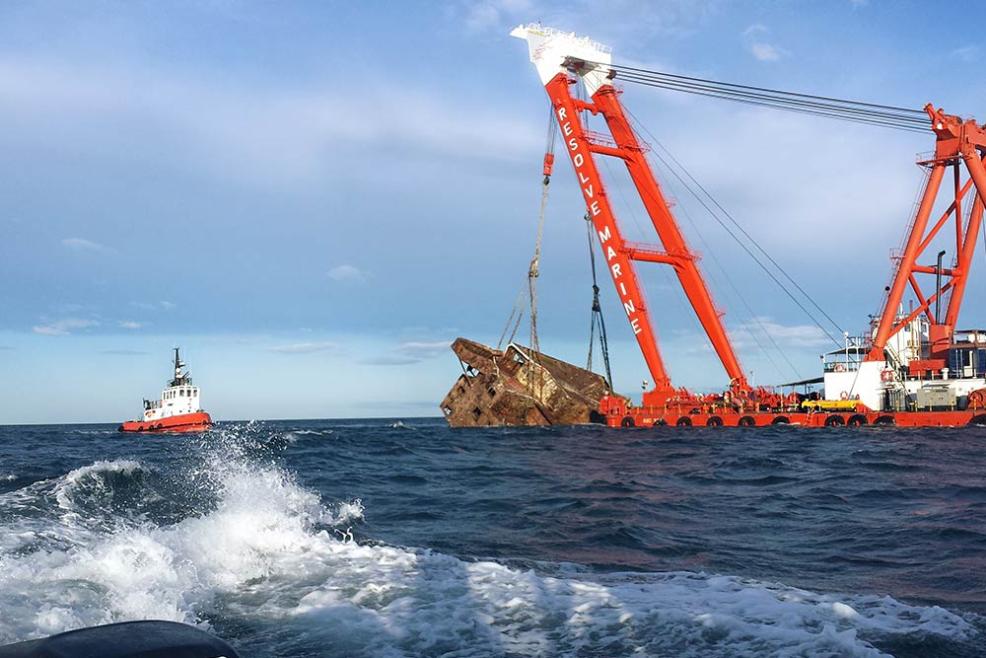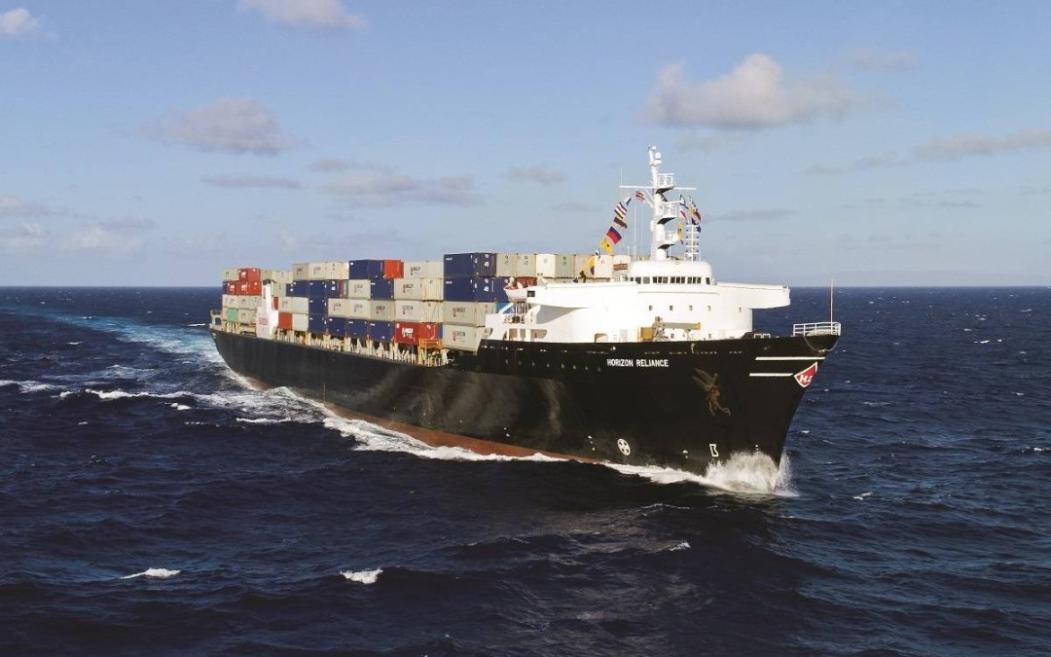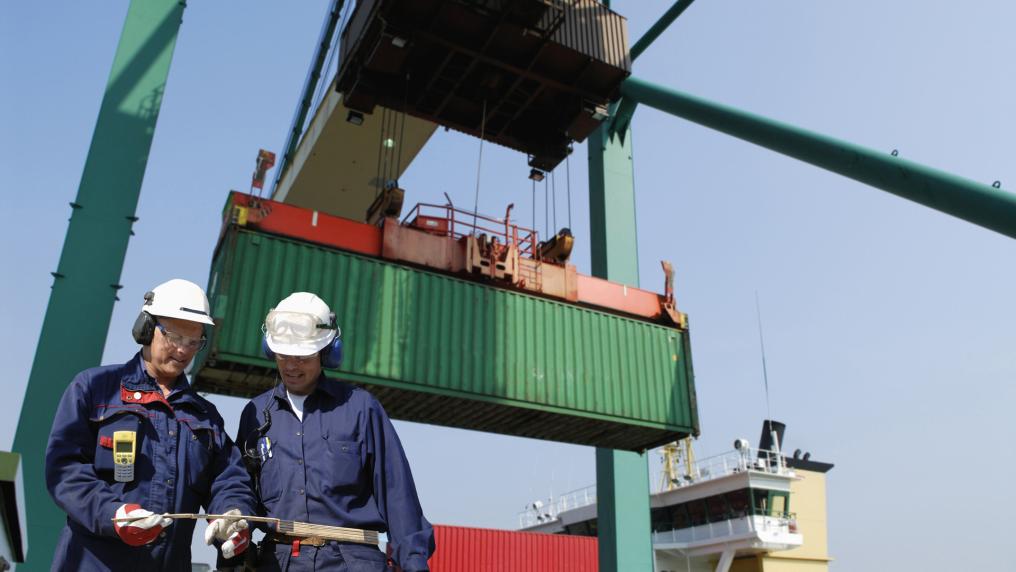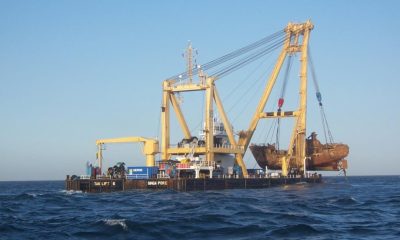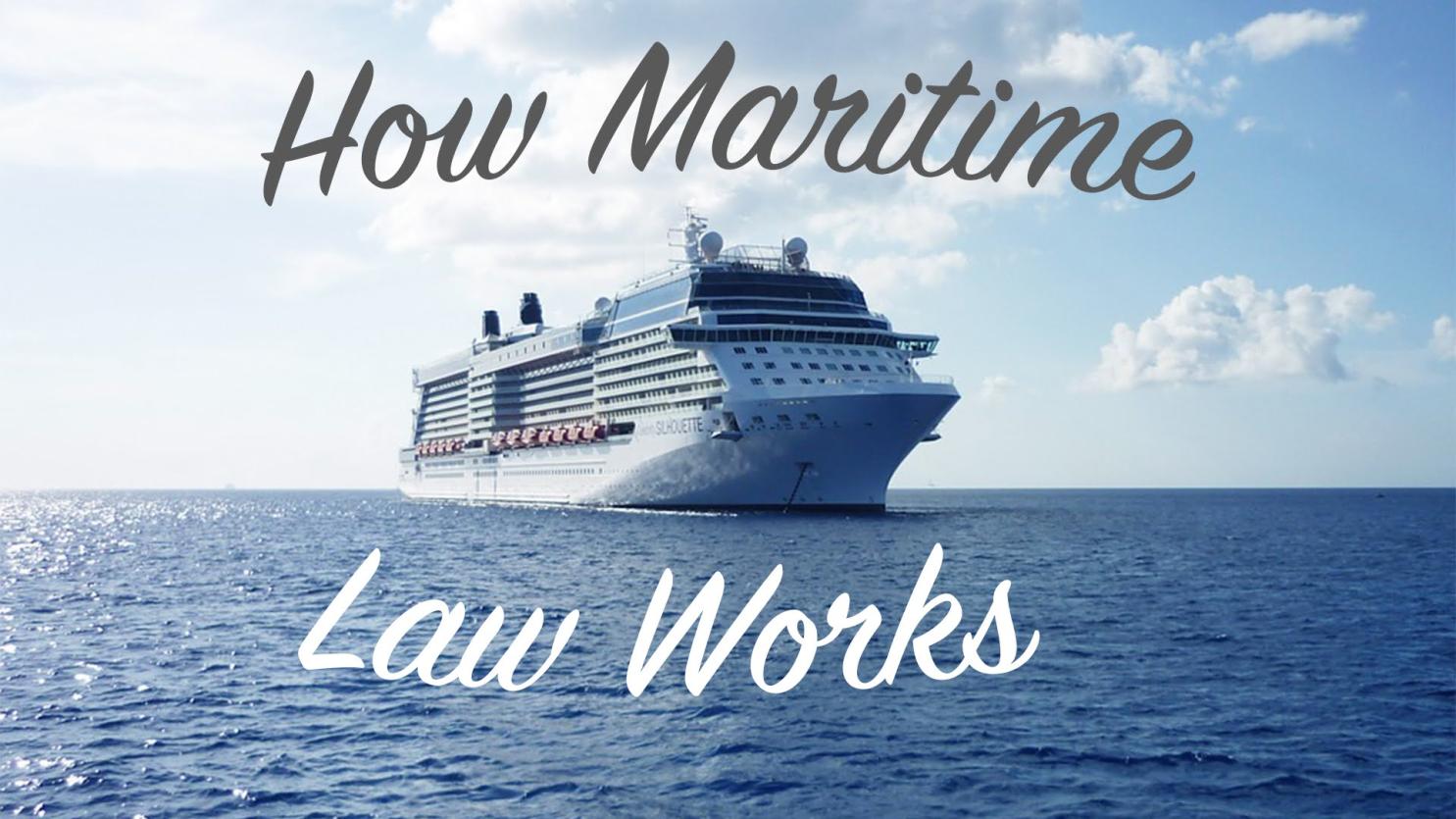
What are the main provisions of the Carriage of Goods by Sea Act (COGSA)?
Follow Us @
What are the main provisions of the Carriage of Goods by Sea Act (COGSA)?
Maritime Transport Law
The Carriage of Goods by Sea Act (COGSA) is a landmark piece of legislation that governs the carriage of goods by sea. Enacted in 1936, COGSA played a key role in shaping the legal framework for international trade and had a profound impact on the rights and responsibilities of carriers, shippers and other stakeholders involved in the maritime industry.

Definition of the Carriage of Goods by Sea Act (COGSA)
COGSA is a United States federal law that regulates the transportation of goods by sea to or from United States ports. It applies to all contracts for the carriage of goods by sea, except for certain specific types of cargo, such as live animals, baggage and mail.
Brief History and Purpose of COGSA
COGSA was enacted in response to the need for a uniform set of rules regulating the transportation of goods by sea. Before COGSA, there was a lot of uncertainty and inconsistency in the law governing this area, which led to disputes and litigation. COGSA aimed to provide a clear and comprehensive framework for the transport of goods by sea and ensure that the rights and responsibilities of all parties involved were clearly defined.
Applicability and Scope of the Law
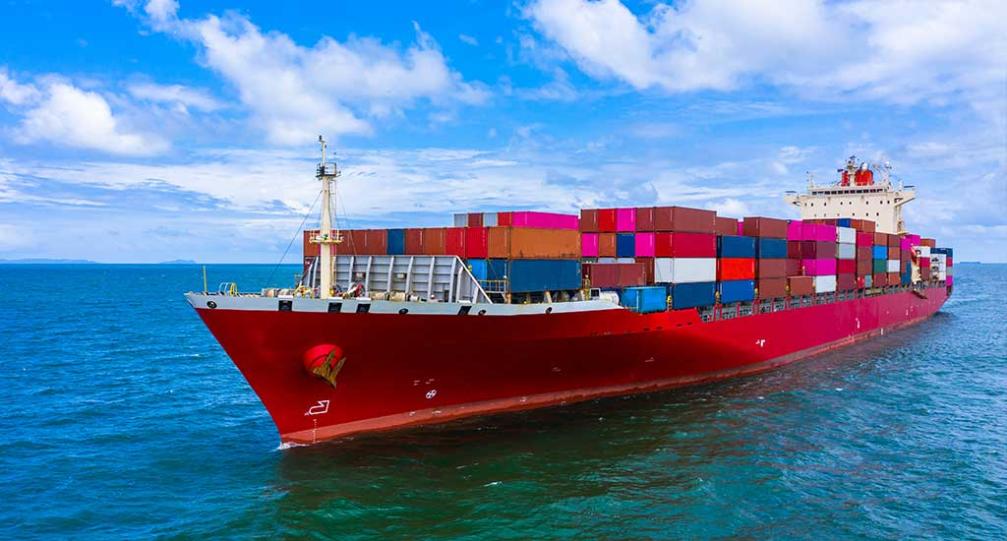
COGSA applies to all contracts for the transportation of goods by sea to or from United States ports. It does not apply to contracts for the carriage of goods by air, land or inland waterways. COGSA also does not apply to certain specific types of cargo, such as live animals, baggage, and mail.
Main Provisions of COGSA
I. Carrier's Responsibility
Common Carrier Liability
- COGSA imposes common carrier liability on carriers, which means they are responsible for any loss or damage to goods that occurs while the goods are in their custody, regardless of whether the loss or damage was caused by the carrier's negligence.
- This liability is absolute, meaning that the carrier cannot avoid liability by showing that it took all reasonable steps to prevent the loss or damage.
Limitation of liability
- COGSA limits the carrier's liability for loss of or damage to goods to a specified value per package, unit of weight, or unit per package.
- The amount of the limitation is determined by the value of the goods as stated on the bill of lading.
II. Duties and Obligations of the Carrier
Proper and careful handling of goods
- Carriers are obliged to properly and carefully handle the goods entrusted to them.
- This includes loading, stowing, transporting and unloading goods in a safe and secure manner.
- Carriers are also required to provide adequate ventilation and protection from damage.
Delivery in a timely manner
- Carriers are obliged to deliver goods to their destination within a reasonable time.
- Failure to deliver the goods within a reasonable time may result in liability for late delivery.
Proper documentation
- Carriers are required to issue a bill of lading for each shipment of goods.
- The bill of lading is a document that highlights the transportation contract and establishes the terms and conditions of transportation.
III. Rights and Obligations of the Sender
Proper packaging and labeling
- Shippers are required to properly package and label the merchandise they ship.
- Failure to properly package or label merchandise may result in liability for improper packaging or labeling.
Accurate information and documentation
- Shippers are required to provide accurate information about the goods they ship.
- This includes the nature, quantity and value of the goods.
- Failure to provide accurate information may result in liability for misrepresentation or omission of information.
Payment of freight and charges
- Shippers are required to pay shipping and other fees associated with transporting their goods.
- Carriers have a lien on the goods for unpaid freight and charges.
IV. Exceptions and Defenses
Act of God, dangers of the sea and force majeure
- Carriers are not responsible for loss or damage to goods caused by an act of God, perils of the sea or force majeure.
- These exceptions are interpreted narrowly and the carrier has the burden of proving that the loss or damage was caused by one of these exceptional causes.
Inherent defects or nature of the goods
- Carriers are not responsible for loss or damage to goods caused by the inherent defect or nature of the goods themselves.
- This exception is also interpreted narrowly and the carrier has the burden of proving that the loss or damage was caused by the inherent defect or nature of the goods.
Sender's negligence or fault
- Carriers are not responsible for loss or damage to goods caused by the negligence or fault of the sender.
- This defense is available to carriers only if the shipper's negligence or fault was the sole cause of the loss or damage.
V. Remedies and Dispute Resolution
Claims and notification requirements
- Shippers must file claims for loss or damage to goods within a specified period of time.
- Shippers must also notify the carrier of the loss or damage within a specified period of time.
Limitation of actions
- Shippers must take legal action for loss or damage to goods within a specified period of time.
- The deadline for taking legal action is normally one year from the date of delivery of the goods.
Jurisdiction and venue
- Legal actions for loss of or damage to merchandise may be brought in federal courts or state courts.
- The proper forum for legal action is normally the district where the goods were delivered or where the carrier has its principal place of business.
SAW. Summary of Main Provisions of COGSA
COGSA is a comprehensive law that governs the transport of goods by sea. It imposes common carrier liability on carriers, limits the carrier's liability for loss of or damage to goods, and establishes the duties and obligations of carriers and shippers. COGSA also provides exceptions and defenses to liability and establishes remedies and procedures for resolving disputes.
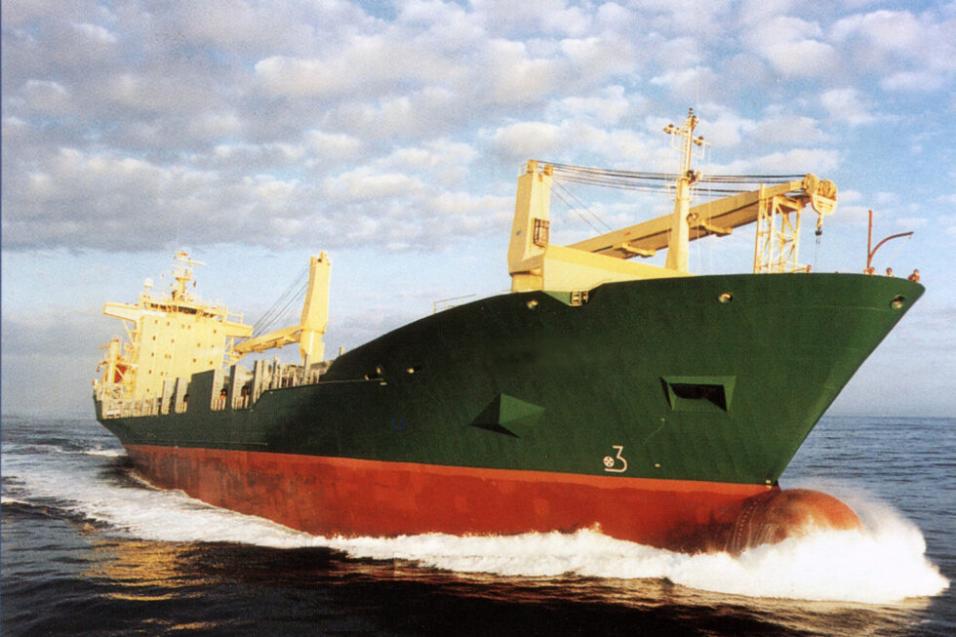
COGSA has had a profound impact on international trade and helped create a more uniform and predictable legal framework for the transport of goods by sea.
What are the main provisions of the Carriage of Goods by Sea Act (COGSA)?
Follow AFRILATEST on Google News and receive alerts for the main trending sports news today, Basket ball updates, Soccer series, entertainment and lots more!
SHARE POST AND EARN REWARDS:
Join our Audience reward campaign and make money reading articles, shares, likes and comment >> Join reward Program
FIRST TIME REACTIONS:
Be the first to leave us a comment, down the comment section. click allow to follow this topic and get firsthand daily updates.
JOIN US ON OUR SOCIAL MEDIA: << FACEBOOK >> | << WHATSAPP >> | << TELEGRAM >> | << TWITTER >
#main #provisions #Carriage #Goods #Sea #Act #COGSA
-

 Fashion3 months ago
Fashion3 months agoVogue Arabia cover welcomes Salma Hayek in an interview with Penélope Cruz
-

 Football3 months ago
Football3 months agoVAR points out Diego Costa's offense against the fourth referee
-

 USA today entertainment3 months ago
USA today entertainment3 months agoBeyonce with the single “Break My Soul” leads on Spotify Brazil
-

 Health and Fitness3 months ago
Health and Fitness3 months agoVaccine against the reappearance of skin cancer enters final testing phase
-

 USA today entertainment3 months ago
USA today entertainment3 months agoSZA, Future and DJ Khaled come together in collaboration
-

 News3 months ago
News3 months agoParents of former player Waleswska are pressured by widower to pay rent for the house where they live
-

 USA today entertainment3 months ago
USA today entertainment3 months agoLarissa Luz and Linn da Quebrada enchant at the Multishow Awards with a tribute to Elza Soares.
-

 Good News TV series3 months ago
Good News TV series3 months agoThe shocking reason behind the decision not to show dead characters in The Last Of Us episode revealed














